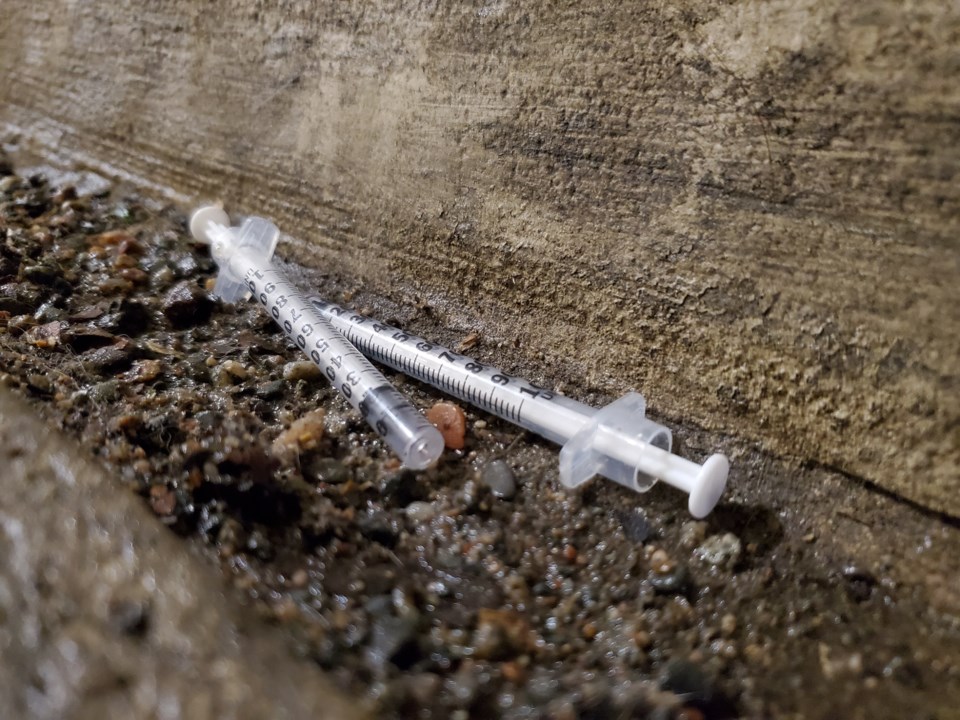The province has announced more than $32 million in funding for addiction services and support, including treatment for opioid addictions. The funding, which was announced Wednesday morning, is part of the Ontario government's commitment to invest $3.8 billion for the Roadmap to Wellness over a 10-year period, said a Ministry of Health news release.
While the ministry outlined some specific funding programs in different parts of Ontario, there was nothing specific mentioned for Sudbury, but some funding will go to Sault Ste. Marie.
During a news conference this morning, Health Minister Christine Elliott said the opioid crisis and related mental health issues have become a province-wide health crisis.
“The devastating impacts of mental health and addictions challenges can be felt in every community across the province, and our government is committed to supporting all Ontarians on their journey to wellness,” said Elliott.
“By investing in addictions services across the continuum of care, from prevention to recovery, we are making it easier for people to find and access support where and when they need it," she added.
The $32.7 million will become part of annualized spending by the health ministry.
"The devastating impact of addictions can be felt throughout the province, in every community, in every family regardless of race, gender or income," said Elliott.
She said the funding would address three key goals:
-Preventing substance related harm by connecting people with hard reduction support.
-Investing in early stabilization to encourage treatment and create a foundation for transition between service providers.
-Improving access to evidence-based treatment for both bed-based and community-based settings.
Elliott also outlined a number of harm reduction initiatives across the province, and named several programs for Southern Ontario. She mentioned that more than $18.8 million is to be invested in bed-based investments for adults and youth who need intensive supports.
This includes: adding 30 new youth treatment beds at Pine River Institute (Shelburne), a multidisciplinary program serving children and youth ages 13 to 19 with addictive behaviours and other mental health challenges; adding new adult addiction treatment beds; supporting existing bed-based treatment services including withdrawal management services at Bluewater Health (Sarnia) and at Sault Area Hospital; and co-ordinating the transitions in care between service providers.
The province also announced $4.75 million for community-based services to support lifelong stabilization and recovery, including: supporting an innovative, virtual intensive treatment program at Renascent; expanding appropriate supports for vulnerable and/or racialized populations; and expanding peer support services.
“With a steady rise in addiction and overdose rates in Ontario and across Canada during the COVID-19 pandemic, we are taking real action to ensure all Ontarians have access to highest-quality addiction supports that meet their unique needs,” said Michael Tibollo, associate minister of Mental Health and Addictions. “Through Roadmap to Wellness, our government will continue making historic investments to help create a system where all Ontarians, including those struggling with addiction, can get the support they need.”
Len Gillis is a Local Journalism Initiative reporter at Sudbury.com. He covers health care in Northern Ontario.
